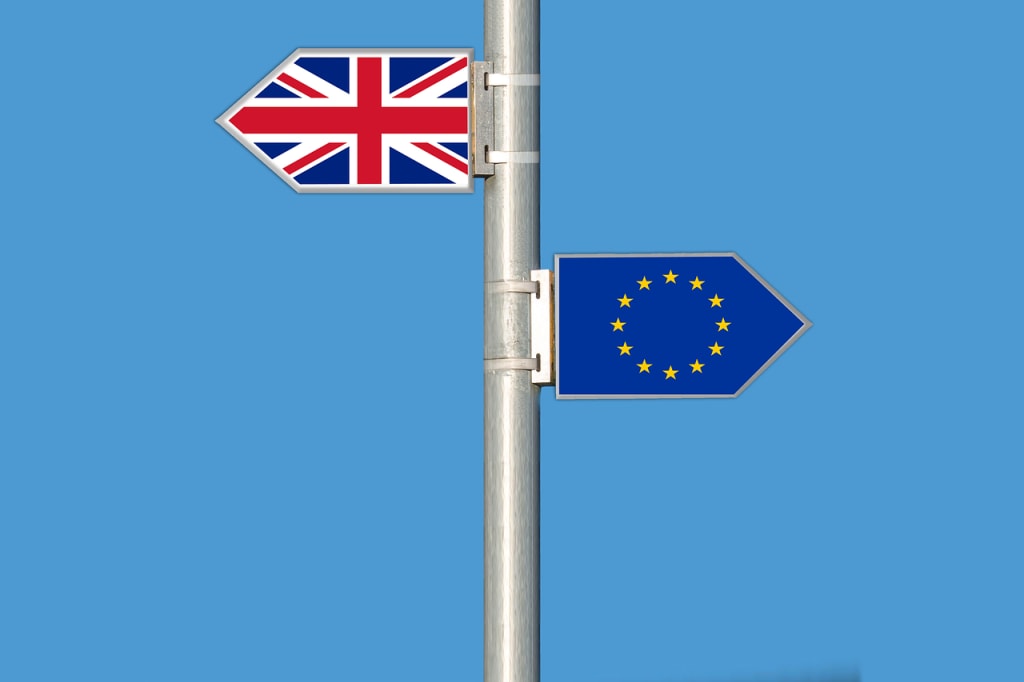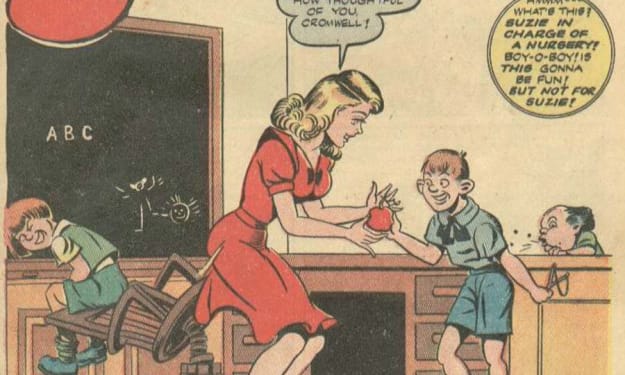Entry to the EEC Will Define Exit from the EU
It took ten years to join Europe, why shouldn't it take just as long to leave?

It is just about three years since the referendum was held on UK membership of the European Union, and in that time there have been two Prime Ministers and two elections which ought never to have happened. The chaos that has ensued is made all the worse when one considers that current negotiations are merely preliminary. It has taken three years for nothing to happen.
Should the nightmare continue there is every likelihood that exit from the EU will not be achieved until the end of the decade, and the repercussions, such as subsequent trade deals with countries of greater significance than Liechtenstein (here meaning, countries of significance), mean that this will be the defining issue of British politics for a generation and beyond.
This could have been predicted by anyone who knows the timeline of events which saw initial Accession into, what was then, the European Economic Community.
Britain first applied to join the EEC in 1961, as its empire was crumbling around it and it was just about beginning to dawn that the sun may have been setting on its place as a world superpower. Crucially, this was also a time when the Conservative Party was led by the cosmopolitan, patrician point of view which now seems to be entirely defined by Kenneth Clarke.
Then-Lord Privy Seal Edward Heath was charged by Prime Minister Harold Macmillan as the chief negotiator to secure Britain’s entry into the Economic Community. Heath covered fifty thousand miles, over sixty three separate trips to Paris, Brussels, and other capital cities.
On the European side was French President Charles de Gaulle whose main objection to British entry was its ties to the Commonweath, lingering fragments of empire in Africa, and its special relationship with the United States. De Gaulle feared that Britain could be a Trojan Horse for American influence in Europe, and did not which to see the continent ‘drowned in the Atlantic.’
What Andrew Marr termed ‘one of the oddest summits in Franco-British history’ took place when de Gaulle visited Macmillan’s country home, Birch Grove, in November 1961. The only real success of the trip was that a French police dog bit a Daily Mail reporter on the arse, much to the Prime Minister’s amusement.
Negotiations themselves were a total failure: such was the intransigence of the French president that Macmillan is said to have broke down in tears. Said de Gaulle, ‘this poor man, to whom I had nothing to give, seemed so sad, so beaten that I wanted to put my hand on his shoulder and say to him, as in the Edith Piaf song, “Ne pleurez pas, milord.”’ Macmillan summed up the proceedings, writing in his diary, ‘the French always betray you in the end.’
Negotiations under Macmillan were only the start of a very long, and arduous process. This would continue under Harold Wilson, a Labour Prime Minister who was ambivalent towards Europe himself, and presided over a Party which was largely in favour but nonetheless divided, which also sounds awfully familiar to the present day. Eventually, said plans would come to fruition when, under the premiership of Edward Heath, the initial chief negotiator, a treaty of Accession with be signed and ratified.
Yet public opinion was such that a referendum, the first in fact, was held in 1975 with a frankly bizarre coalition of Tony Benn, Enoch Powell, Ian Paisley, and Scottish nationalists campaigning for a ‘Leave’ vote. After that referendum won by the landslide margin of 67%, it should not need pointed out that contention and debate subsided but was never far from the forefront of the political agenda.
With this mind, there is no reason to believe that leaving the EU will be any different, nor any easier. It is telling that Jacob Rees-Mogg has previously speculated that the benefits of Brexit may not be felt for fifty years, and there is every reason to assume he is correct.
About the Creator
Fionnbharr Rodgers
Freelance writer on subjects from Belfast to Washington DC, from 1798 to the present day. All views shamelessly nicked from the last thing I read.






Comments
There are no comments for this story
Be the first to respond and start the conversation.